After controversial by-polls in Punjab, has PML-N paved the way for 2029 election victory?
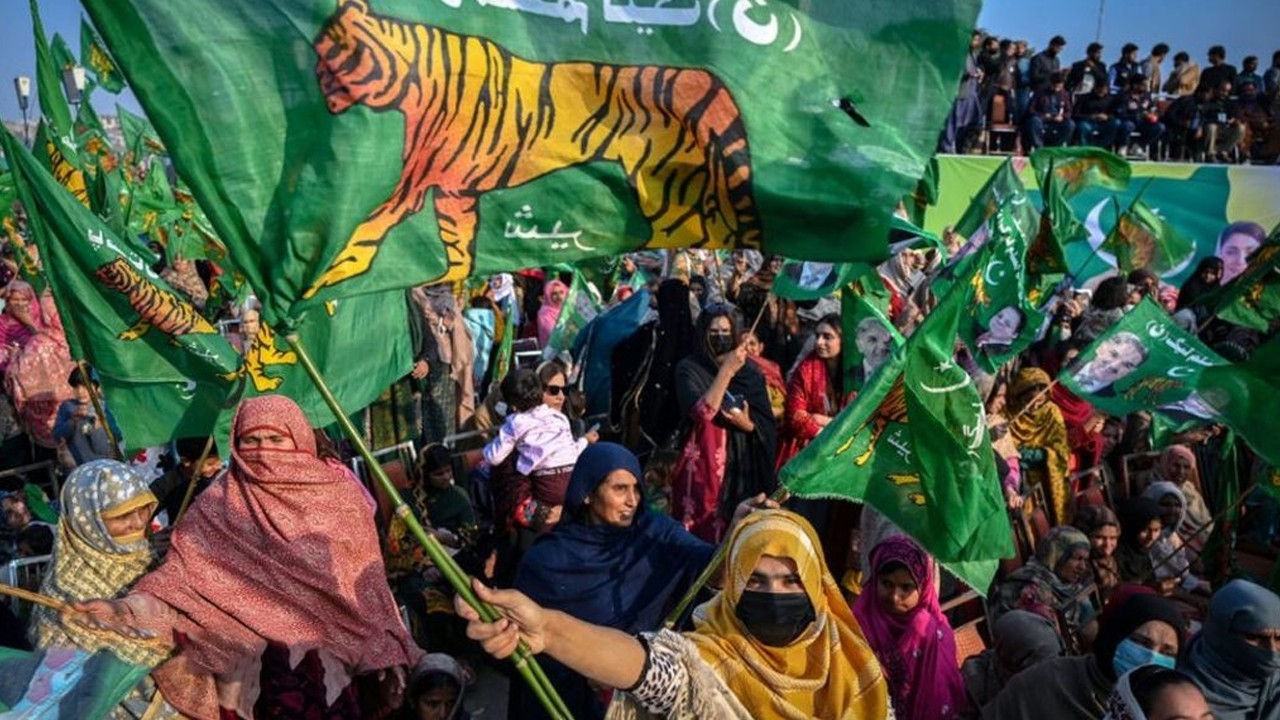
Web Desk
|
25 Nov 2025
The by-elections held on 13 seats of Pakistan's national and provincial assemblies have resulted in a victory for the Pakistan Muslim League-Nawaz (PML-N), the ruling party at both the federal level and in Punjab. The PML-N secured six seats each in the national and provincial assemblies, while the Pakistan Peoples Party (PPP) won one provincial assembly seat.
Although the Pakistan Tehreek-e-Insaf (PTI) had announced a party-wide boycott of the by-elections, PTI-backed candidates contested two National Assembly seats in Lahore and Haripur. Similarly, the PPP fielded a candidate in only one National Assembly constituency in Punjab (NA-185, Dera Ghazi Khan).
This situation created the impression that the field was largely open for the PML-N.
PTI leaders shared screenshots of election results, which reportedly showed more votes for their candidates on Form 45 and an early lead over PML-N rivals. Yet, they claimed that the official results issued by the Election Commission contained major discrepancies that favored the PML-N.
Analysts noted that the PTI’s boycott and the PPP’s failure to field candidates in most National Assembly seats gave the PML-N an almost uncontested path, virtually ensuring its victory.
Observers argued that PTI should have participated to challenge the ruling party, which could have strengthened its narrative and popularity.
Out of the six National Assembly seats contested, four saw some level of competition. In NA-18 (Haripur), PML-N candidate Babar Nawaz Khan faced the wife of PTI leader Omar Ayub, resulting in a closely contested race. In NA-96 (Faisalabad), PML-N’s Bilal Badar competed against Nawab Sher Wasir, a candidate with his own vote bank who had previously served as an MNA from this constituency on both PPP and PML-N tickets.
NA-129 in Lahore was one constituency that PTI did not boycott. Here, PML-N’s Muhammad Noman faced PTI-backed Arsalan Ahmed. Similarly, in NA-185 (Dera Ghazi Khan), PML-N’s Mehmood Qadir Khan competed against PPP candidate Dost Muhammad Khan Khosa, who mobilized his personal vote bank as well as party and PTI supporters.
Analysts suggest that after winning six National Assembly seats in the by-elections, the PML-N’s reliance on the PPP may decrease, though the situation is more complex.
According to the Free and Fair Network (FAFN), “After the general elections, the ruling party’s representation in the National Assembly started at 108 seats, which has now increased to 126 due to the new distribution of reserved seats. Following the by-elections, this will rise to 132 seats with the addition of six more.”
The PML-N requires 37 additional members to achieve a simple majority of 169. This target could be reached with the support of MQM (22 members), Pakistan Muslim League-Q (5), Pakistan Muslim League-Zia-ul-Haq (1), National Party (1), Utsharq Pakistan Party (4), Balochistan Awami Party (1), and four independents.
These figures indicate that, without the PPP, the PML-N will still need small parties to secure a simple majority, a challenging task in Pakistan’s complex, interest-driven political landscape.
Experts note that while a simple majority is possible without the PPP, the ruling coalition will still require the PPP’s support for constitutional amendments, which demand a two-thirds majority in both houses.
The PPP is the largest party in the Senate with 26 members, and no constitutional amendment can pass without its backing.
Even if the PPP, the largest party among government allies with 74 members, sits on the opposition benches, the remaining coalition partners can still prevent a vote of no confidence in the Prime Minister. Observers note that if the PPP joins the opposition, Jamiat Ulema-e-Islam members will ultimately determine which party claims the opposition leader’s seat.
The current political scenario remains challenging for PTI, with Imran Khan in jail.These circumstances make it imperative for PTI to maintain a clear and coherent strategy. The party fielded candidates in Lahore and Haripur while boycotting other constituencies, which reflected a confused approach.
Observers say these by-elections were significant for the PML-N following the February 2024 elections, as the results have reinforced confidence within the party leadership for the next general elections.


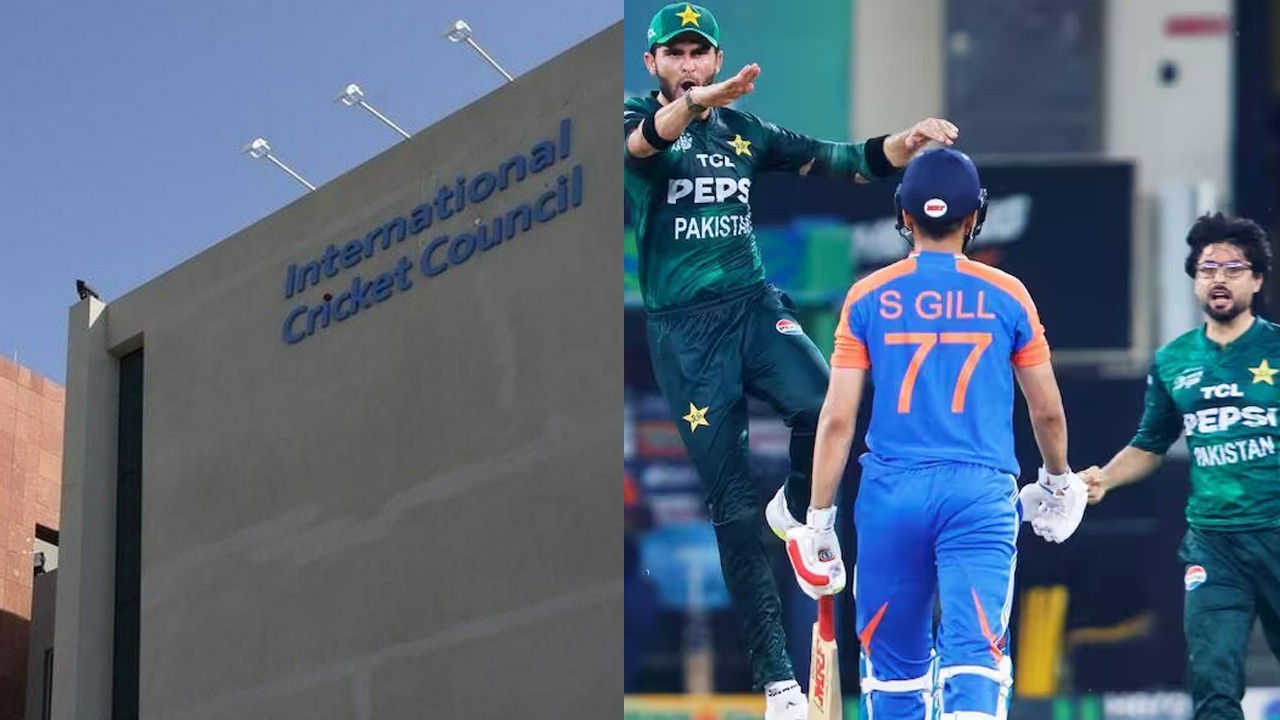
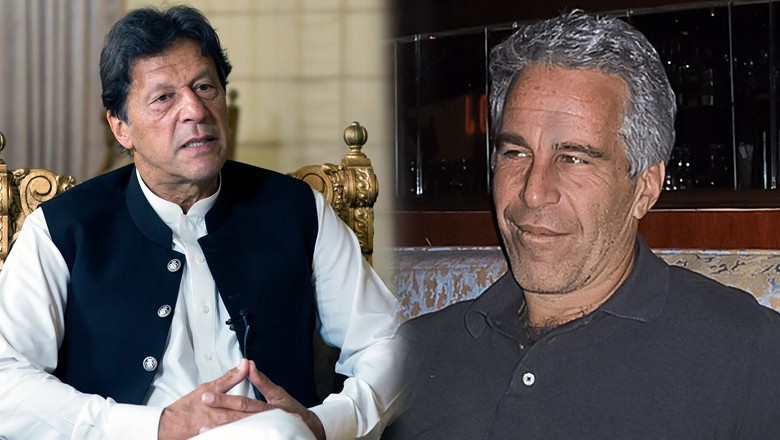
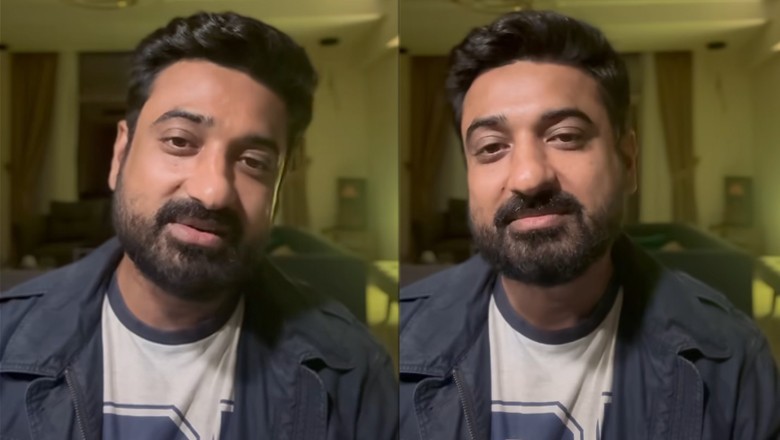
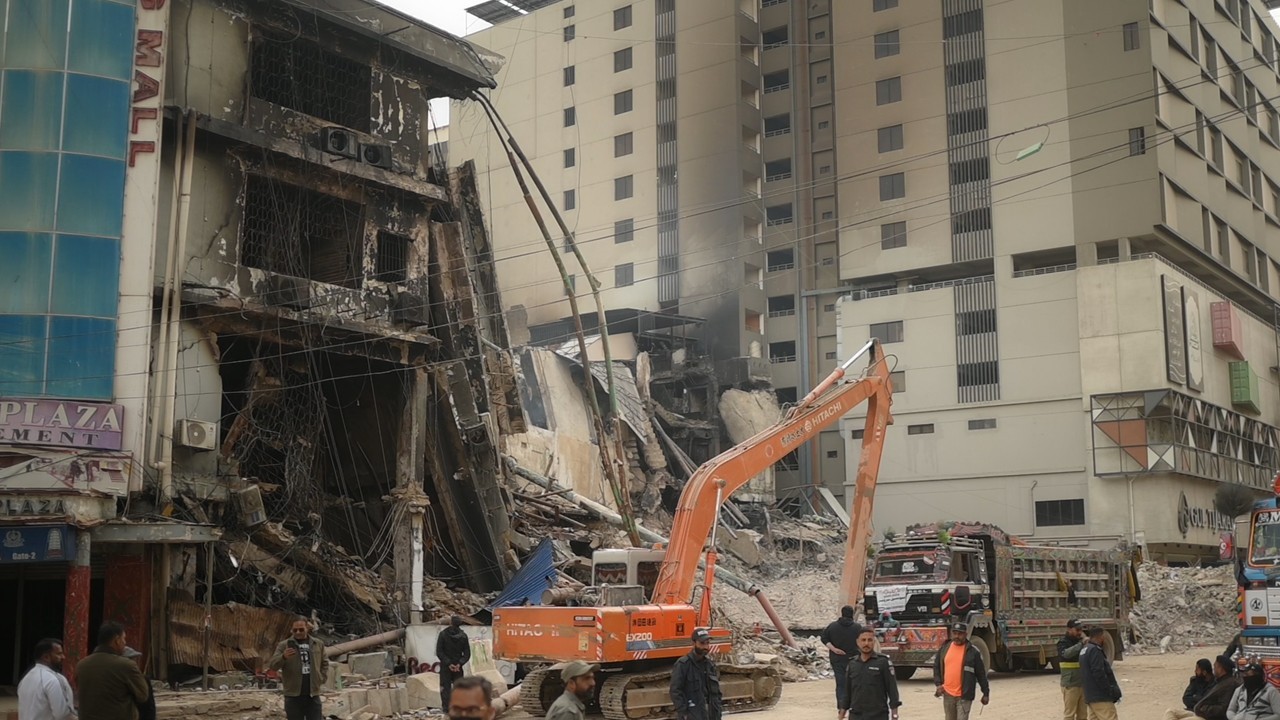
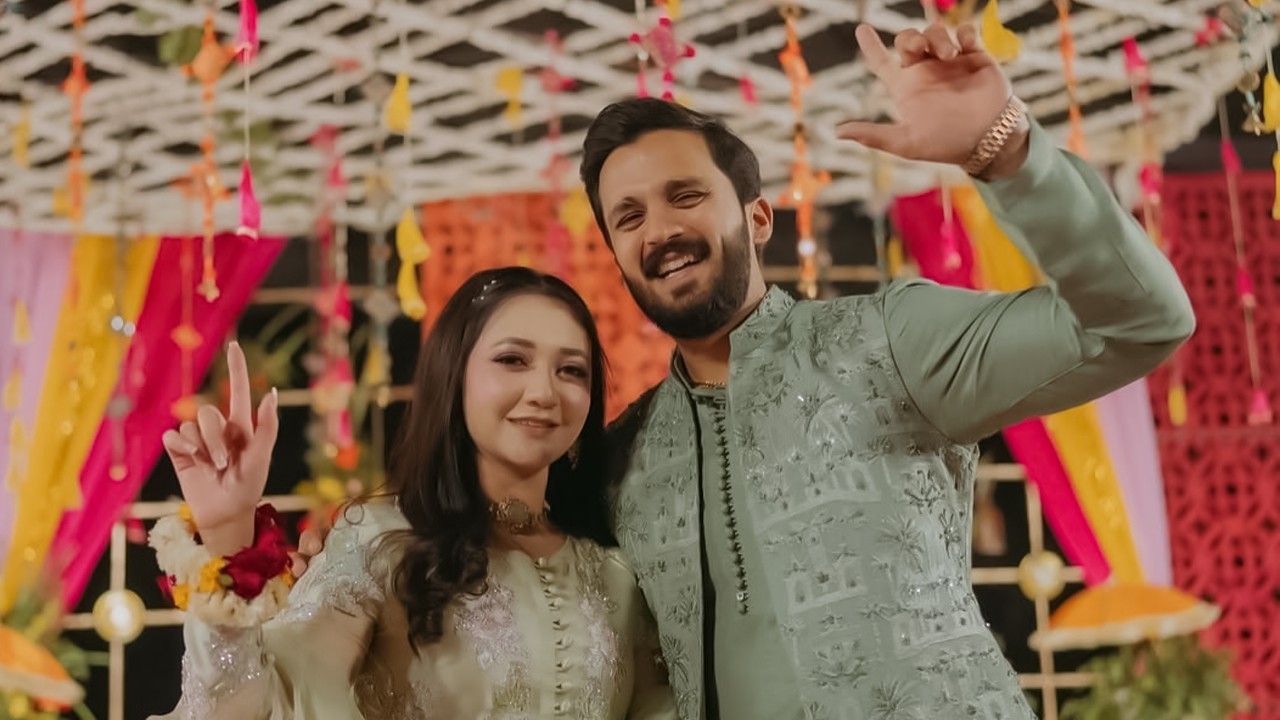



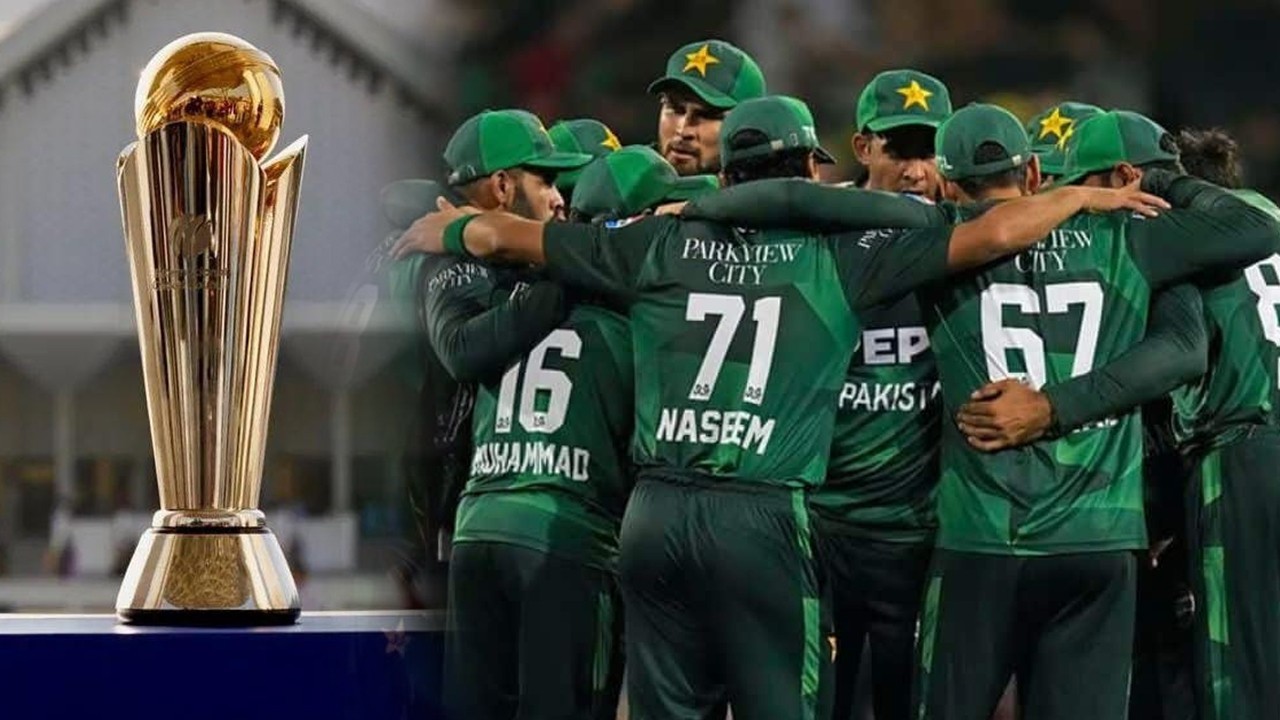
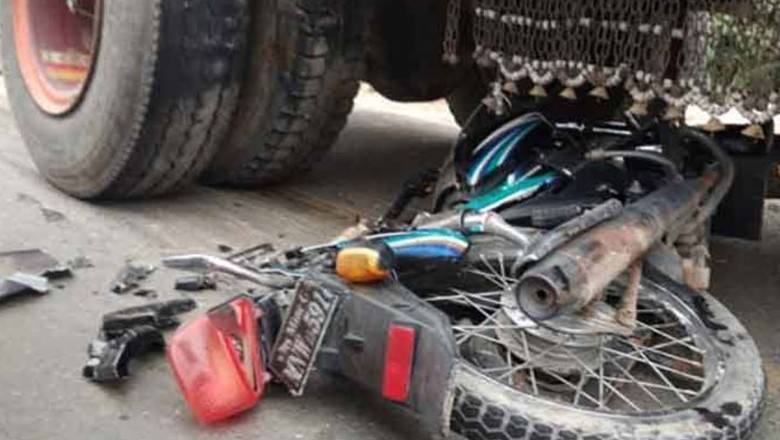
Comments
0 comment